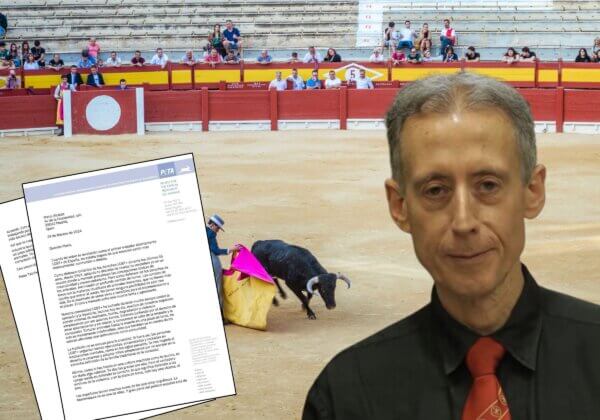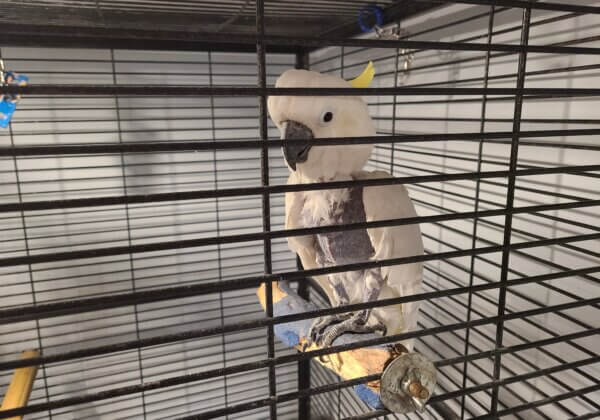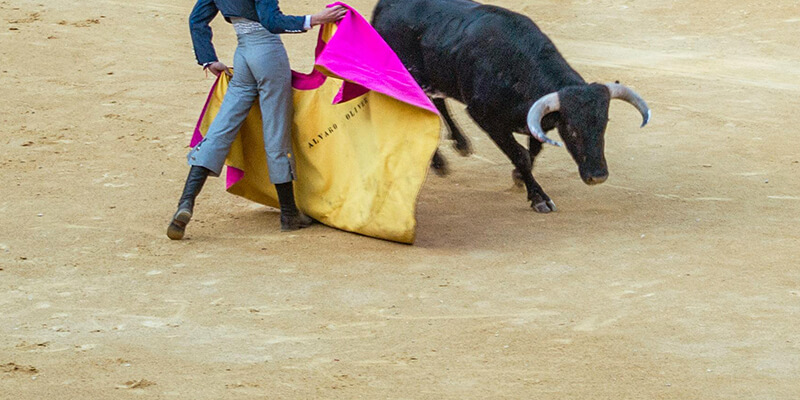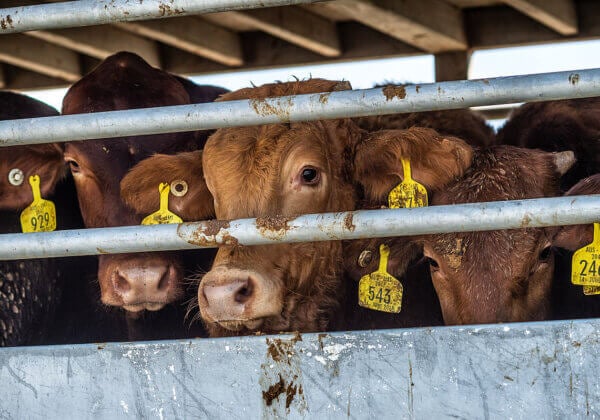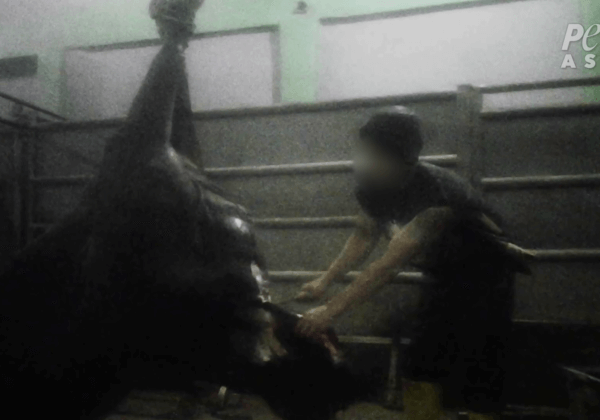Update: Tasmanian Government Prosecutor Intervenes in PETA’s Horse Whipping Case
PETA’s prosecution that was set to challenge the legality of whipping horses in Tasmania has been cut short by the Director of Public Prosecutions (DPP), who has used his powers to take over and discontinue the proceedings.
The DPP’s decision to halt this prosecution has let down both horses used for racing and the humans who care about them.
PETA’s Case Against Whipping
Beating animals and causing them unjustifiable pain or suffering are both offences under Tasmania’s Animal Welfare Act 1993 – a matter that is ignored wholesale by the state’s racing industry.
PETA and the Coalition for the Protection of Racehorses (CPR) met with the animal welfare manager for Tasracing, Tasmania’s racing authority, in 2020 to express concern over the use of whips, point out that whipping violates the state’s anti-cruelty statute, and offer support to help implement changes.
PETA and other animal protection groups – World Animal Protection, CPR, and Animal Liberation – then co-signed a letter to Tasracing requesting a meeting to discuss the issues and see if there was a way forward. PETA’s lawyer then met with Tasracing CEO Paul Eriksson, but Eriksson refused to engage further and informed PETA that Tasracing had no plans to explore banning or restricting whips.
Faced with this ongoing, widespread violation of animal welfare laws, PETA chose to file the private prosecution.
 © Liss Ralston
© Liss Ralston
Why Was This Case Discontinued by the DPP Before It Came to Court?
In a letter to PETA’s solicitors, the DPP said that whipping horses was “part of the tradition of the industry” and that, for that and other absurd reasons, he would be nixing PETA’s case, leaving the ongoing regulation of the whipping of horses on racetracks in the hands of Tasracing.
Is Whipping Horses Cruel?
Some “traditions’ need to end. If we saw someone on the street whipping an animal, we would call the police. Why do we accept it on a racecourse?
A landmark peer-reviewed study published in 2020 found that “[h]umans and horses have the equivalent basic anatomic structures to detect pain in the skin”.
In July, the British Horseracing Authority opened a consultation on the use of the whip, and two Australian studies have shown that whipping is ineffective and causes horses pain.
A third study on leg fractures in horses on UK racecourses found that horses who were whipped in the last 10 seconds of a race were more likely to sustain a fatal fracture. Whipping is putting horses’ lives at risk.
What’s Next?
PETA maintains that whipping horses on race tracks is in clear violation of the law, and we are actively exploring a number of alternative avenues for judicial relief to confirm that beating animals in any circumstances is unlawful.
Please never attend or bet on a horse race, and join us in asking companies to stop sponsoring the Melbourne Cup:


